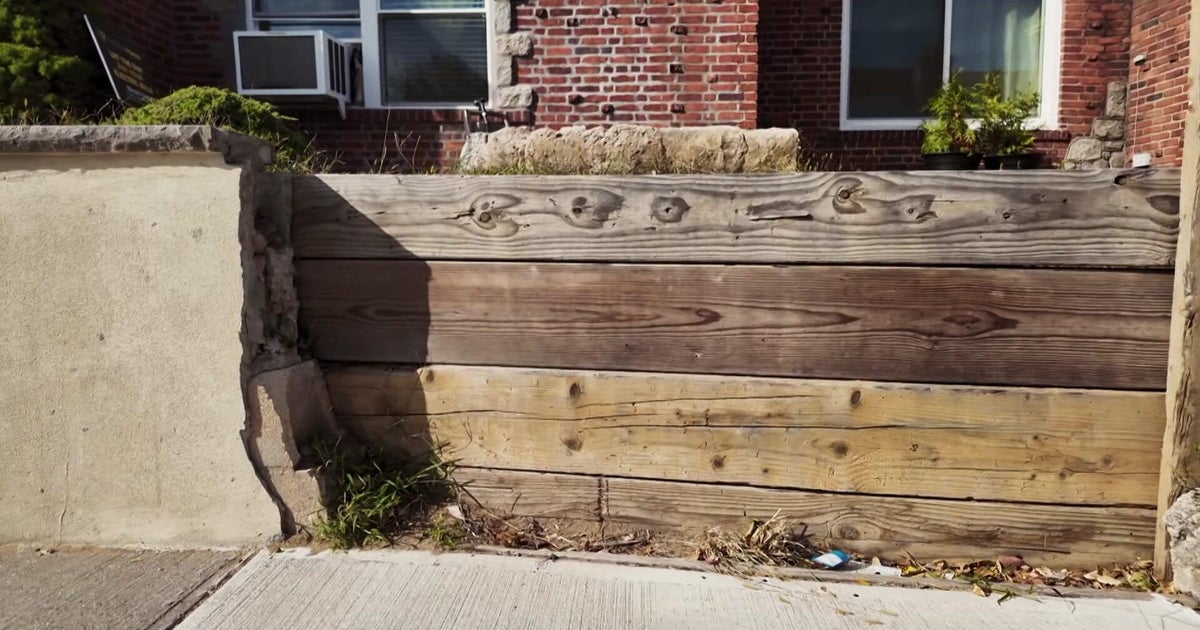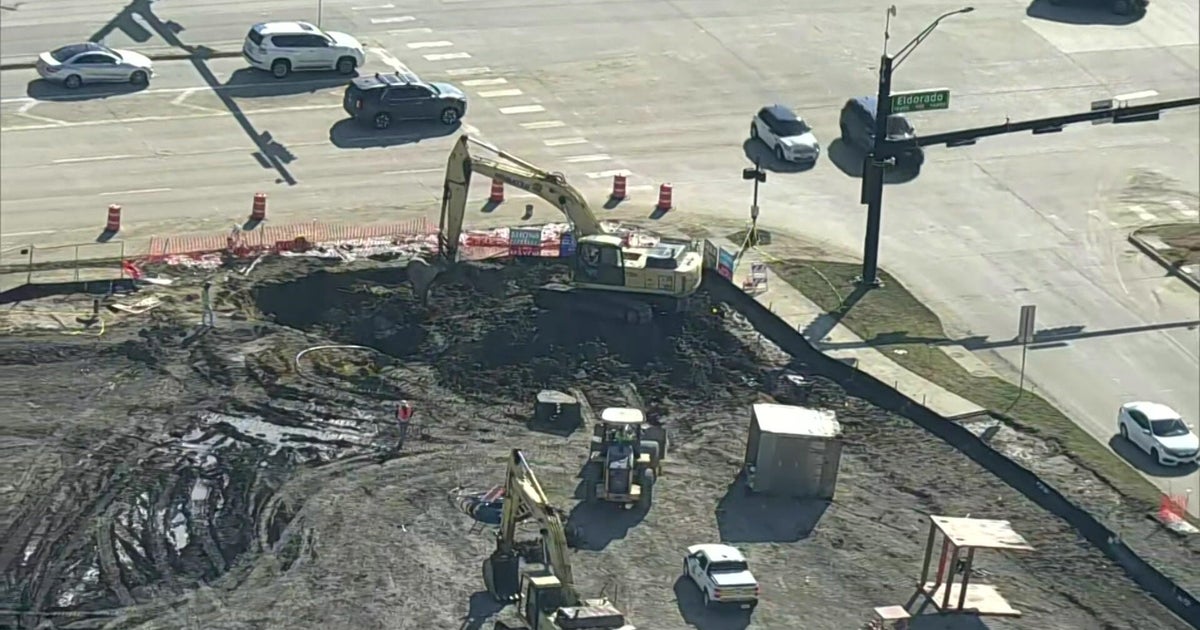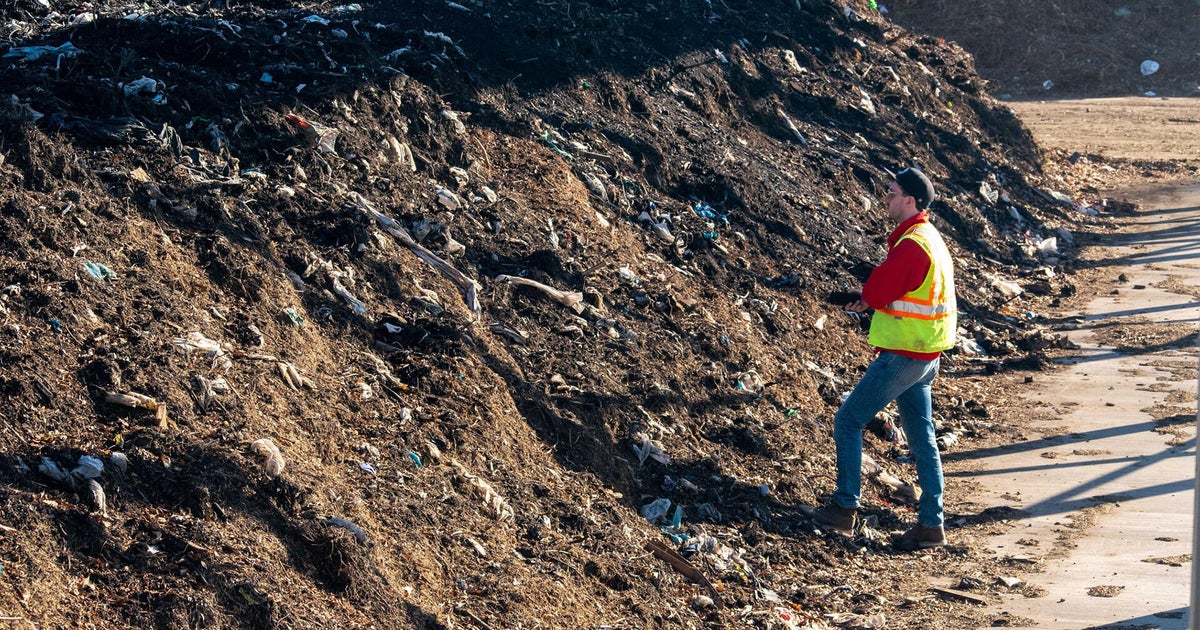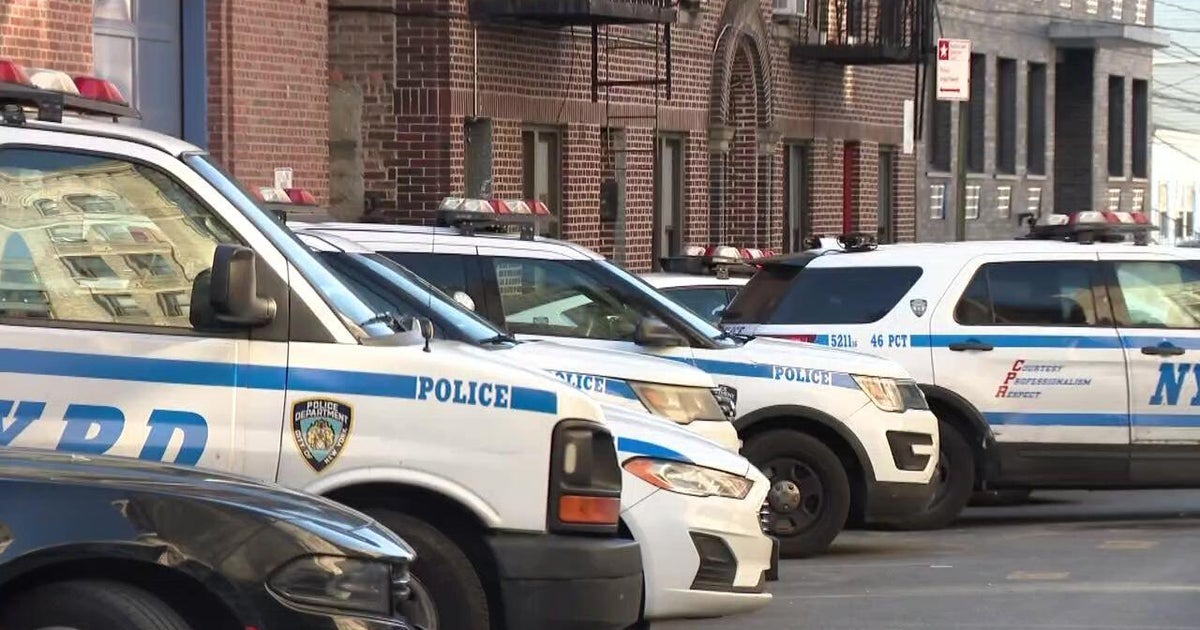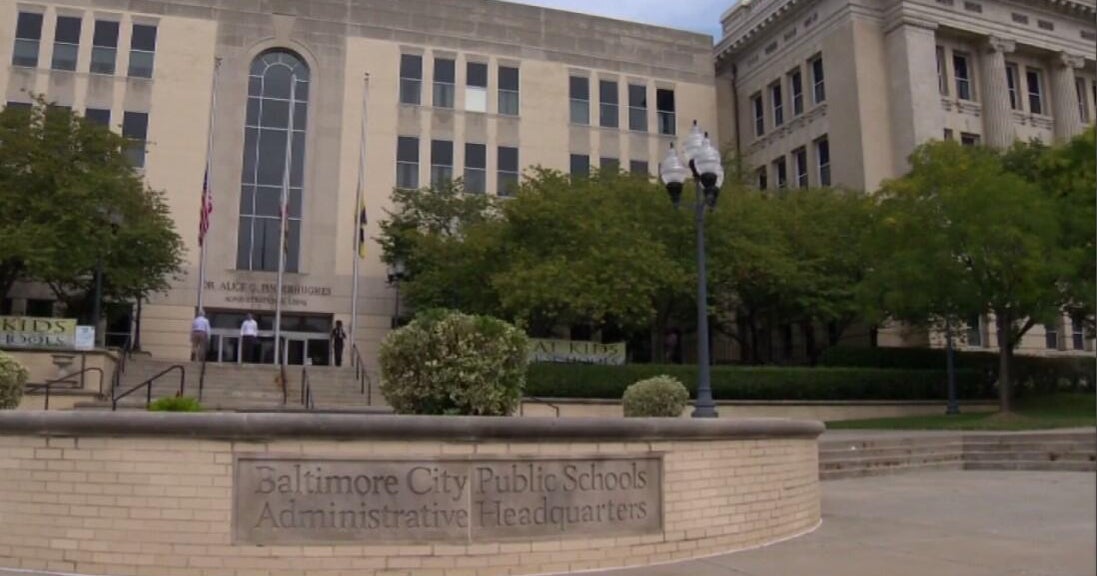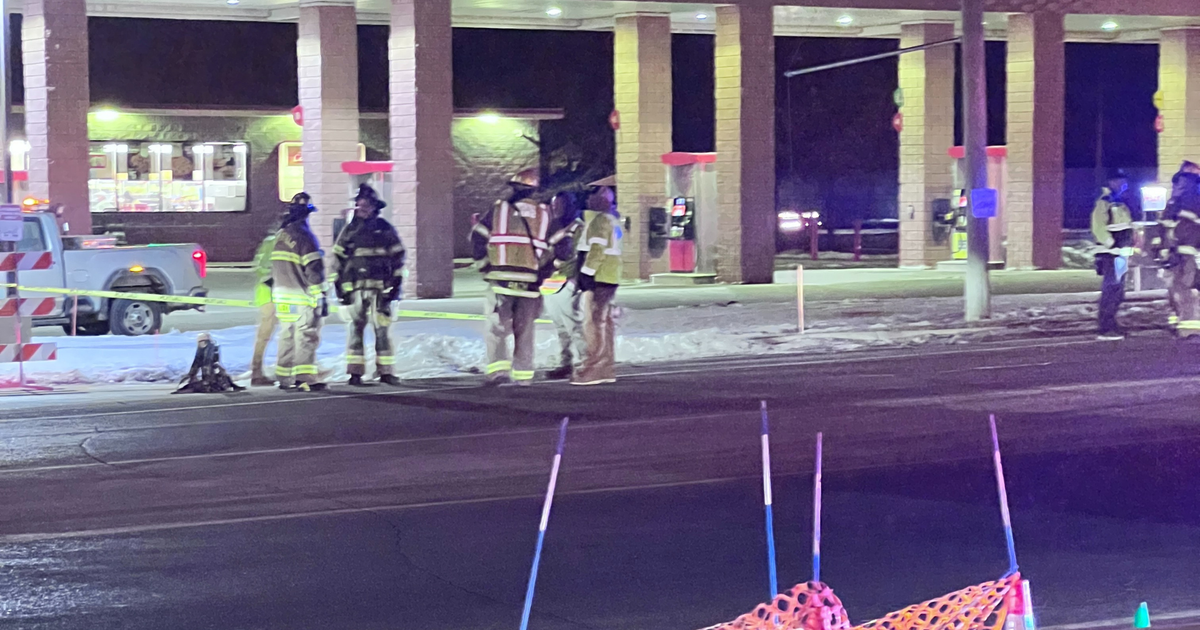Grease Dumping Is Leading To Sewer Backups In Southeast Queens, Officials Say
NEW YORK (CBSNewYork) -- They probably don't even know it, but people in Queens are cooking up trouble.
As CBS2's Hazel Sanchez reported, their mouthwatering meals are wreaking havoc on the borough's infrastructure in a hidden way.
Far Rockaway resident Kelechi Ekeocha loves to cook, and joins the popular opinion that most everything tastes better fried.
When asked what she does with the leftover cooking oil, Ekeocha said: "I just pour it down the drain. I know I'm not supposed to do that."
Widespread bad habit like dumping oil are a big problem for culturally diverse sections of southeastern Queens, where huge masses of grease have been clogging up city sewer pipes. Plumber Bernard Clark of Mr. Rooter pulled a five-pound blob of grease from one of his customers' pipes.
"If it's 4-inch pipe, after about a year, you only a have a hole probably about an inch to go through, all right?" Clark said. "And that contributes to all the toilet paper getting stuck in the line."
The Department of Environmental Protection said cooking grease buildup is responsible for 60 percent of confirmed sewer backups in New York City. The accumulation could result in so-called "fatbergs" as have been seen in San Antonio, Australia, and London – where a 10-ton fatberg clogged up a sewer pipe.
City Councilman Donovan Richards Jr. (D-31st) said if people keep dumping oil and shortening down the drains, a fatberg could happen in Queens too.
"The city is spending close to I think between $10 (million) and $20 million a year to clean out catch basins across New York City," Richards said, "but grease has been a huge contributor to sewer backups in our particular community."
Restaurants such as Korner Fried Chicken in Jamaica, Queens have grease-catching basins and oil jugs that are professionally hauled away so they do not contribute to a sewer backup. And it is easy for people to dispose properly of grease at home too.
"Put it in a bag or something -- throw it in the incinerator," one woman said.
In another effort to stop the problem Councilman Richards recently introduced a bill to create a system that would track how restaurants dispose of grease. The city would issue fines of $500 to $1,000 to any business that violates the rules.
The Department of Environmental Protection said the best way to dispose of cooking grease at home is to place it in a non-recyclable container and throw it out with the regular garbage.
